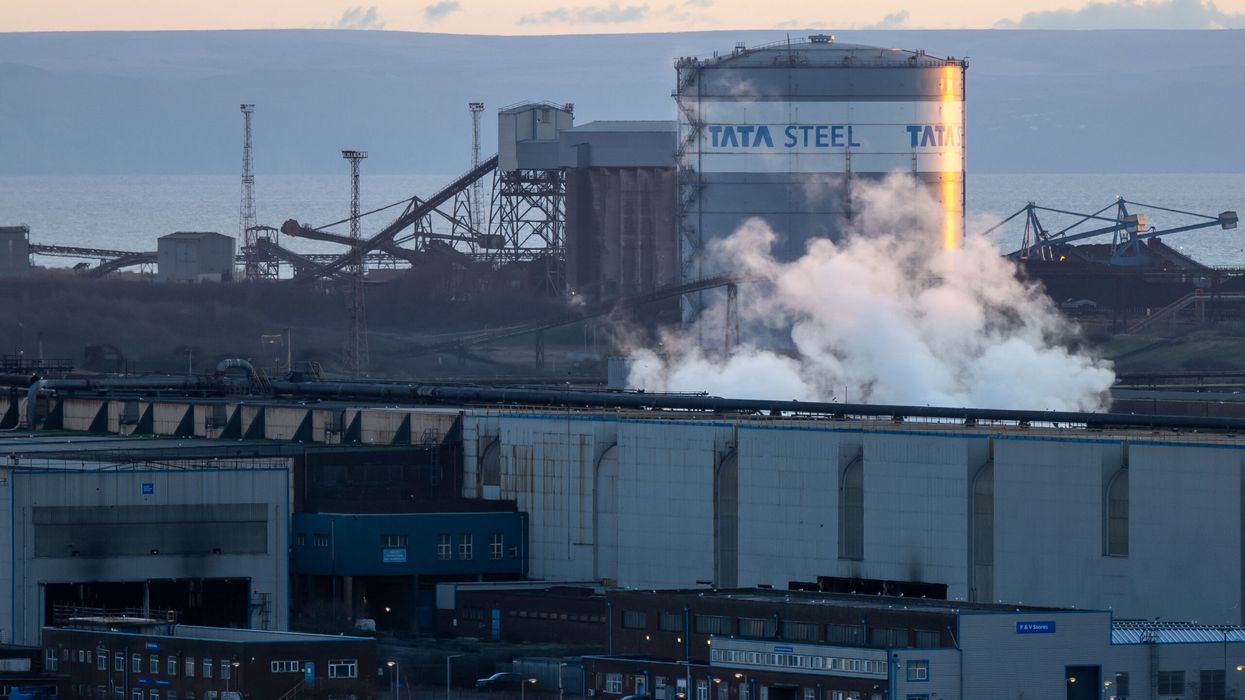Tata Steel has said that steelmaking in south Wales could be at "significant risk" if a £500 million subsidy is delayed. This follows shadow business secretary Jonathan Reynolds' call for Tata to engage with a potential Labour government.
Tata expressed concern in a statement to the London stock market that government support to replace polluting blast furnaces with cleaner electric versions may be jeopardised during the general election campaign, as reported by The Guardian.
Port Talbot in south Wales and Scunthorpe in Lincolnshire, both significant carbon polluters, are set to transition to electric arc furnaces using recycled steel. However, this plan has raised concerns among politicians and prompted strike threats from workers due to the reduced workforce required.
Tata plans to proceed with making up to 2,800 workers redundant at Port Talbot and Llanwern, south Wales. The first blast furnace will close at the end of June, with most job losses in September when the second furnace and the rest of the "heavy end" operations will shut down. Tata emphasised that extending the blast furnaces' lives is not viable due to operational instability and financial losses.
The company is apprehensive about media reports suggesting the electric arc furnace plans could be endangered by policy differences between the Conservative and Labour parties during the election period.
Workers have voted for strikes but are holding off, hoping to negotiate job retention and better redundancy terms. Alasdair McDiarmid, assistant general secretary of Community, a steelworkers' union, urged Tata to wait and engage with Labour and the unions to protect jobs.
The Conservative government has pledged £500m in subsidies alongside Tata's £750m investment, but the deal remains incomplete, The Guardian reported.
Labour, leading in the polls ahead of the 4 July general election, hopes Tata will continue negotiations to preserve more steel jobs. Stephen Kinnock, running for re-election as Port Talbot's MP, stated Labour opposes any deal using £500m of taxpayers' money to make thousands of steelworkers redundant.
Labour has promised £3bn to support the steel industry, including the £500m already pledged, potentially extending to other technologies to retain jobs and maintain UK steel production from iron ore. One option includes a facility for direct reduced iron (DRI) production, which could achieve near-zero emissions if green hydrogen is used. However, Tata does not currently plan to add a costly DRI plant and would likely seek further subsidies from a Labour government.





